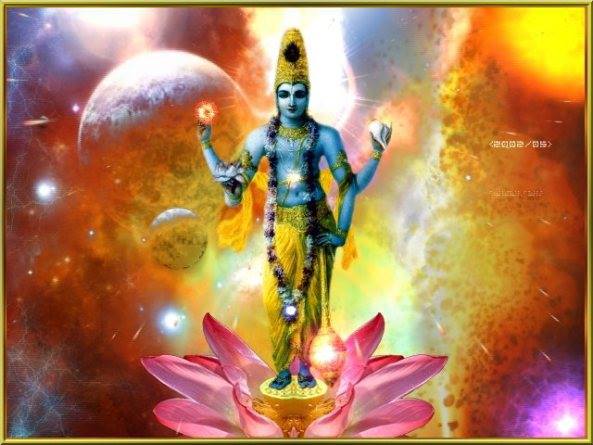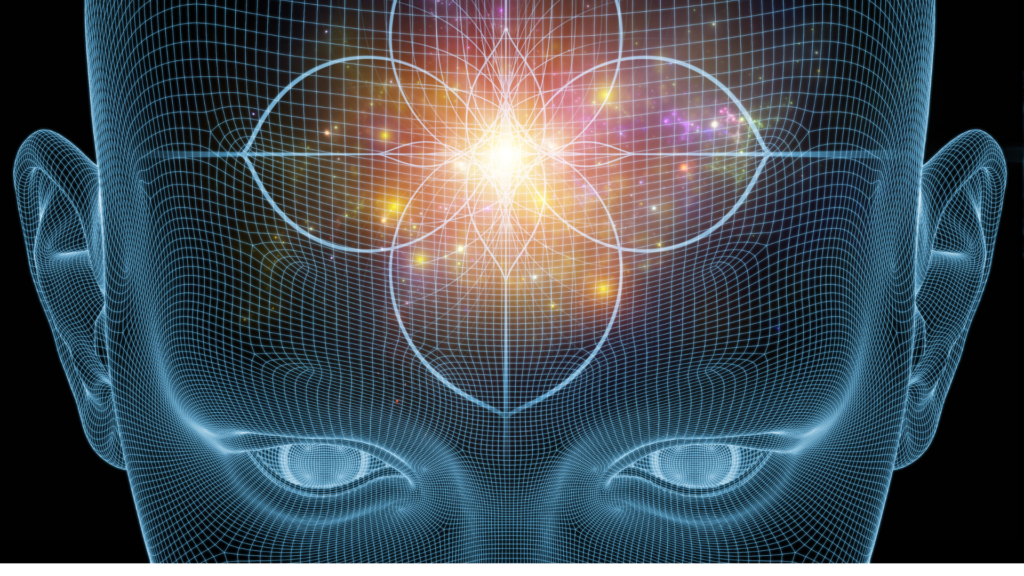Acknowledgement.
School of Yoga is profoundly grateful to Saṃskṛta scholars and academics Pijus Kanti Pal (pal.pijuskanti@gmail.com) and Dolon Chanpa Mondal for their support in Saṃskṛta transliteration and quality control.
The complete text is available in my book, A Seeker’s Śrīmad-Bhagavadgītā. The links are,
 SM Shop: https://shop.storymirror.com/seekers-srimad-bhagavad-gita/p/16se70d4slmag95l1
SM Shop: https://shop.storymirror.com/seekers-srimad-bhagavad-gita/p/16se70d4slmag95l1
SM Shop (ebook): https://shop.storymirror.com/seekers-srimad-bhagavad-gita-ebook/p/16se70ihklmytr7gi
Amazon India: https://amzn.to/4813869
Amazon US: https://www.amazon.com/dp/B0CHLFPB8X
Amazon UK: https://www.amazon.co.uk/dp/B0CHLFPB8X
Amazon Australia: https://www.amazon.com.au/dp/B0CHLFPB8X
Kindle: https://amzn.to/3LAvtX3
Flipkart- https://www.flipkart.com/seeker-s-srimad-bhagavad-gita/p/itme865ea76c9c12?pid=9788119445516
Snapdeal : https://www.snapdeal.com/product/a-seekers-rimad-bhagavad-gita/653264163898
Google books:https://play.google.com/store/books/details?id=g8_WEAAAQBAJ
Amazon International Link: https://mybook.to/srimad-bhagavad-gita
What is the driving principle of change?
In any situation, when we receive stimulus, we either react or not-react. So, change occurs as an outcome of stimulus and response. When there is a stimulus, there is a response which causes change. Importantly, even lack of response is a response.
Karma is the input factor for change.
- When we react to any stimulus, we enter into a transaction with the object and create a bond (bandhana).
- We either like or dislike the stimulus and as a result of this, we either push the object away (dveṣa) or pull it closer (rāga).
- This action of pulling or pushing causes relative displacement between both entities and is called karma (action).
- As a result of the transaction, we either give or take with each other.
- This transaction is always unequal because the awareness levels of the participants always differ. As a result, one always gives or takes more than the other.
- Consequently, one party ends up being the debtor and the other the creditor.
- This is called debt (ṛṇa).
- We know that all debts have to be repaid.
- In the case of karma, this spill-over goes beyond life, to more lives resulting in the concept of rebirth (saṃsāra).
Śrī Kṛṣṇa explains attitude to work, dharma and duty.
In the above example, we said that karma (action) occurs when we like something and we pull it closer or when we dislike something and push it away.
What is the basis on which we like or dislike something? That is called dharma or our natural state. Dharma is a mix of birth and conditioning. Birth defines DNA in sentient entities and conditioning defines values and behaviour which we exhibit in any situation.
- Dharma defines our likes and dislikes, hence the instinctive/ primary response to any situation. Thus, it is the foundation of response which results in action (karma) and the resultant debt (ṛṇa).
- Also, dharma defines the natural state of all creation. For example, we all know how humans, dogs, cats and other sentient beings act and react in their individual unique ways. Mango trees will yield mango fruit, never papaya. Hydrogen atoms will have an atomic weight of 1.008 and an atomic number of 1, this is its dharma and defines how hydrogen will behave in any bond.
Concept of duty and dharma.
We are born with a unique DNA and grow up in our own specific environment, this moulds our values and behaviour, which define our experiences. These experiences become predominant drivers of our self-esteem or state of being and in turn reorient our value system.
This state of equilibrium is our natural state or dharma.
This natural state can be extended to cover sentient, insentient states as well as professions, businesses, systems and activities which makes this universal or sanātana-dharma. Let us review how dharma intricately weaves work with personality, duty, system and environment;
- A soldier needs to be able to maintain his awareness in battle, his dharma or duty is to fight and defend. If he runs away from the battlefield, then he compromises the integrity of whatever he protects and loses his dharma or state of equilibrium. To perform his dharma, he has to overcome fear of death.
- Similarly, a teacher’s dharma or duty is to teach and develop students into responsible citizens, if he or she were to be afraid of the opinion of others, then he would never be able to teach effectively and build good citizens.
- Next, the dharma or duty of a business man is to increase material value without lowering integrity. When integrity is lost or when the businessman is afraid of risk, dharma is lost.
- Finally, the dharma of a farmer is to grow food, he must not stop sowing because he is worried that there may be no rains. That fear would result in famine and destruction of society.
Conclusion: Śrī Kṛṣṇa’s advice of dharma and duty applies to every person, activity or section of society. Consequently, when people do not perform their designated duties, shirk performing them, or perform them without integrity, society suffers and chaos (adharma) results.
Śrī Kṛṣṇa’s explanation on the difference between rights and duties.
- Your right is to effort alone, not its outcome.
- Attachment to reward should not be your motivator for action.
- Also, fear of consequences or attachment to outcome should not stop you from making this effort.
- Perform action, abandon attachment to the action and also the outcome or rewards, be balanced in both success and failure.
- This even handedness of the Self and indifference in action is yoga.
What is the concept of guṇa (attributes).
Our ability to act comes from our situational awareness (prajñā). When our awareness is beset by inertia, doubt, fear or self-pity it is called tamas. Next, when our awareness is driven by anger, greed or ambition, this is called rajas, a state of energy. Finally, when there is a balance and state of balance or harmony, this is called sattva. These three attributes or guṇa (attributes of cognition) are always together, never static and continuously changing in proportion;
- Tamas (obdurate/ delusion) – our actions are driven by lack of logic, understanding, in delusion or sometimes we refuse to act on account of laziness and fear.
- Rajas (passion) – our actions are driven by ambition, greed, anger, targets/ goals, power, arrogance, vanity etc.
- Sattva (balance) – our actions are driven by integrity, need for balance, harmony, consensus etc.
For more on Chapter 2 – click here


